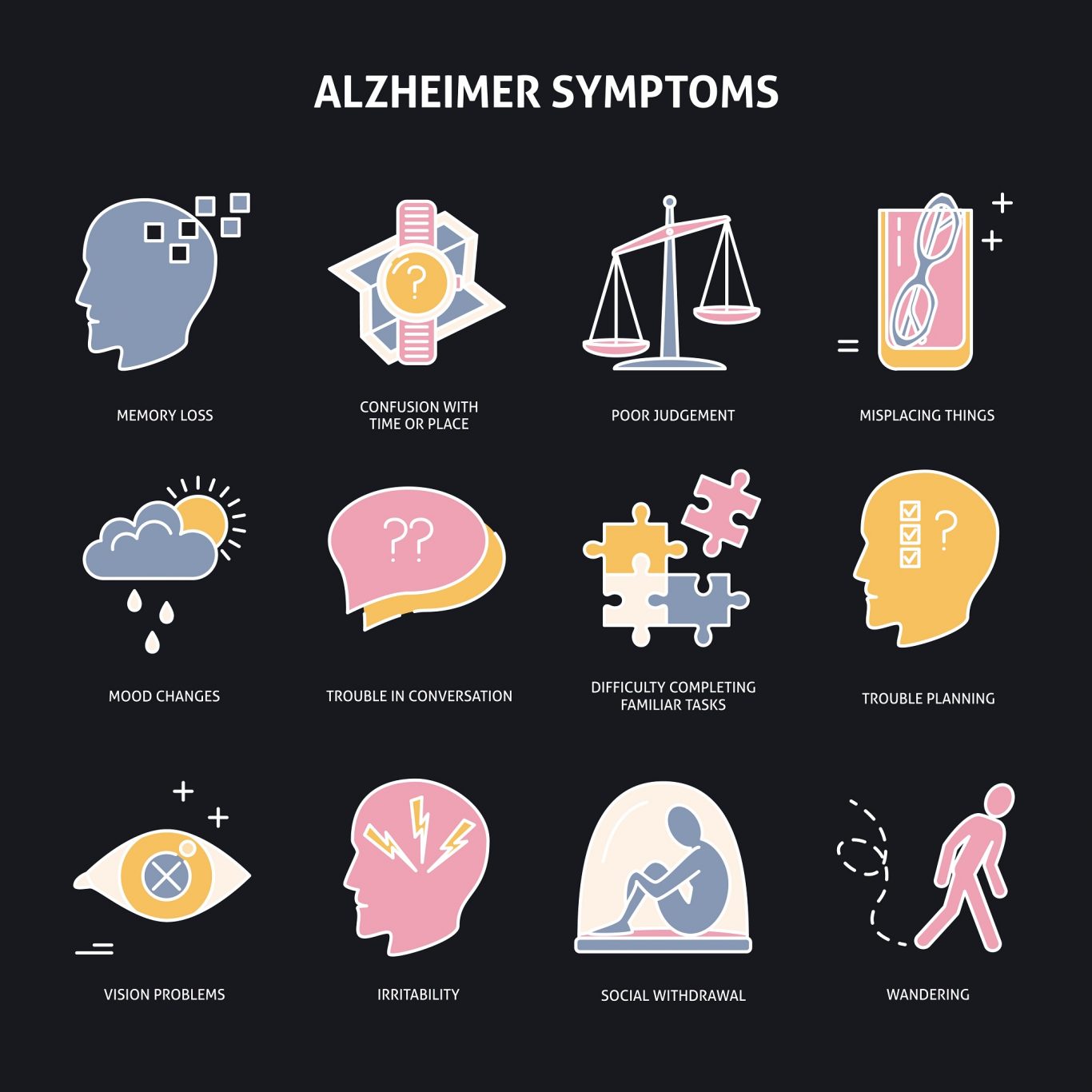As we age, it’s common to experience some mild cognitive impairment such as memory loss. What’s more concerning are cognitive issues that begin to make getting through a typical day difficult. These issues could be signs of dementia or the onset of Alzheimer’s disease.
The term dementia refers to any type of cognitive issue, including Alzheimer’s disease, that interfere with our cognitive processes and ability to navigate the day. Dementia is not age-related cognitive decline, something that mediation, diet and exercise can help slow. Rather, it’s a more severe situation in which a loss in cognitive functioning makes it increasingly difficult to think, reason and remember.
Although associated with aging, it’s important to remember that dementia is not a “normal” part of aging. It’s important to keep aware of any issues that might indicate you are experiencing the onset of dementia or Alzheimer’s disease.
It’s an issue on the mind of many because of the recent World Alzheimer’s Day and World Alzheimer’s Month. The annual event is held to raise awareness of the issues surrounding dementia and Alzheimer’s disease, as well as to fight against the stigma still attached to dementia.

Early Signs of Alzheimer’s Disease
Institutions such as the Alzheimer’s Association and the U.S. Centers for Disease Control and Prevention address warning signs of Alzheimer’s disease based on decades of research. Some of the most common signs include the following. Those at the most risk of developing Alzheimer’s typically experience two or three symptoms, with all of them interfering with daily life.
Disruptive Memory Loss
This is memory loss that impacts your ability to normally function during a typical day, such as forgetting appointments or losing short-term memory. This leads to forgetting information recently learned, asking the same question repeatedly and having to lean more heavily on memory aides like reminder notes or having a spouse remember things for you.
Difficulty With Planning or Solving Challenges
Another sign is having difficulty doing things you once did with ease. For example, not being able to cook a recipe you have used for years or correctly pay your bills. The difficulty with these issues involves losing the ability to concentrate for a sustained period of time, as well as an erosion of memory.
Confusion With Time or Place
This issue often surfaces with appointments and maintaining a monthly schedule. People experiencing early onset of dementia may have difficulty remembering the date of an appointment or the days of the week or month. They experience trouble keeping track of time, tending to live entirely in the moment.
Difficulty With Words and Conversations
It’s part of mild, age-related cognitive decline to sometimes forget a word. However, it’s something more when it routinely becomes difficult to cast your thoughts into words when speaking with others or tracking what other people are saying. Another sign is frequently stopping when speaking or using the wrong words.
Misplacing Items
We’ve all had times we couldn’t find the car keys. But when this becomes a routine occurrence, it can prove to be a sign of Alzheimer’s disease. It’s most notably a problem if you start losing things because you are placing them in a different place than you always have or if you find it difficult to retrace your steps to find a lost item.
Social Withdrawal
Some of those experiencing the onset of dementia may withdraw from their usual activities because they find it difficult to track what is going on, such as in conversations with multiple people or the action in a sports contest. This often can go hand-in-hand with changes in personality that can lead you to feel confused, suspicious, depressed, fearful or anxious. Those with Alzheimer’s often are easily upset when taken out of their comfort zone.

If you experience any of these signs, it’s time to consult with a physician and get formally tested. The earlier you catch signs of dementia or Alzheimer’s disease, the better chance you have to deal with the issue and improve your cognitive function.
